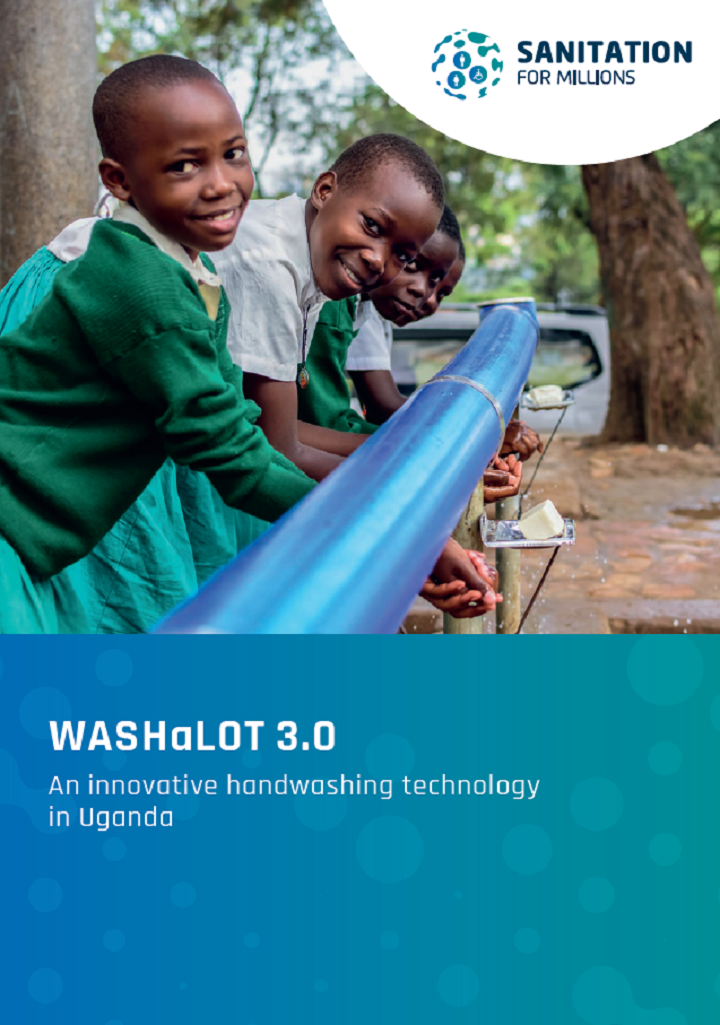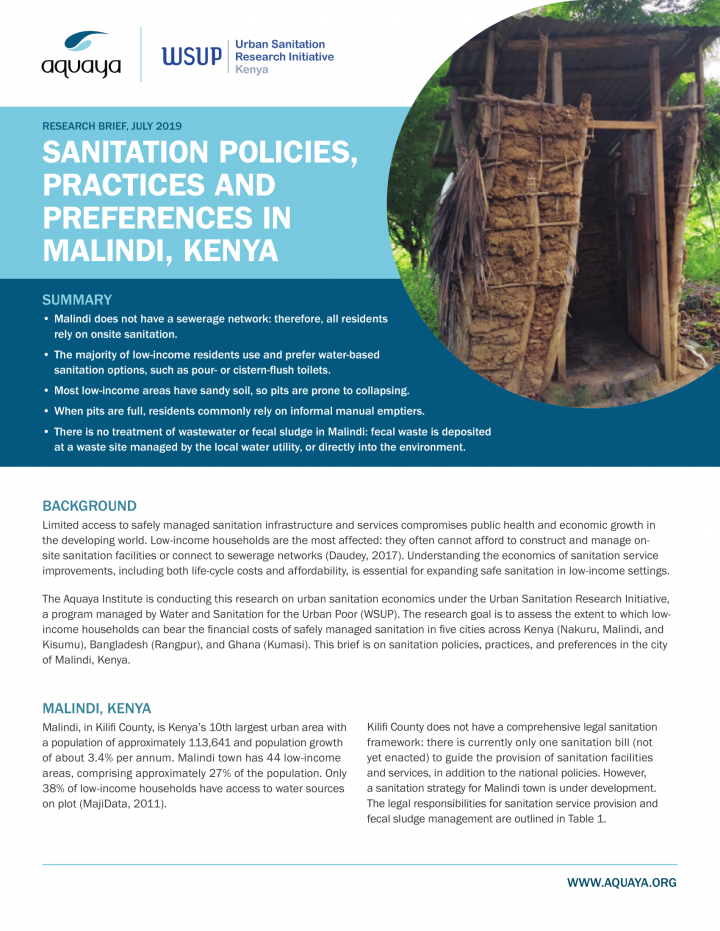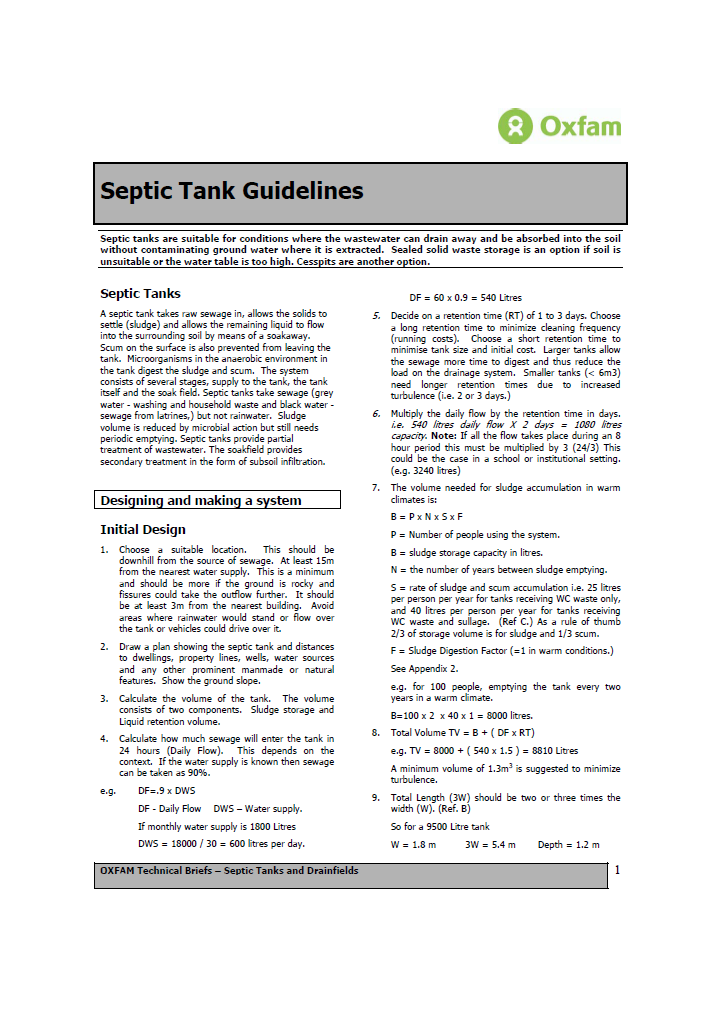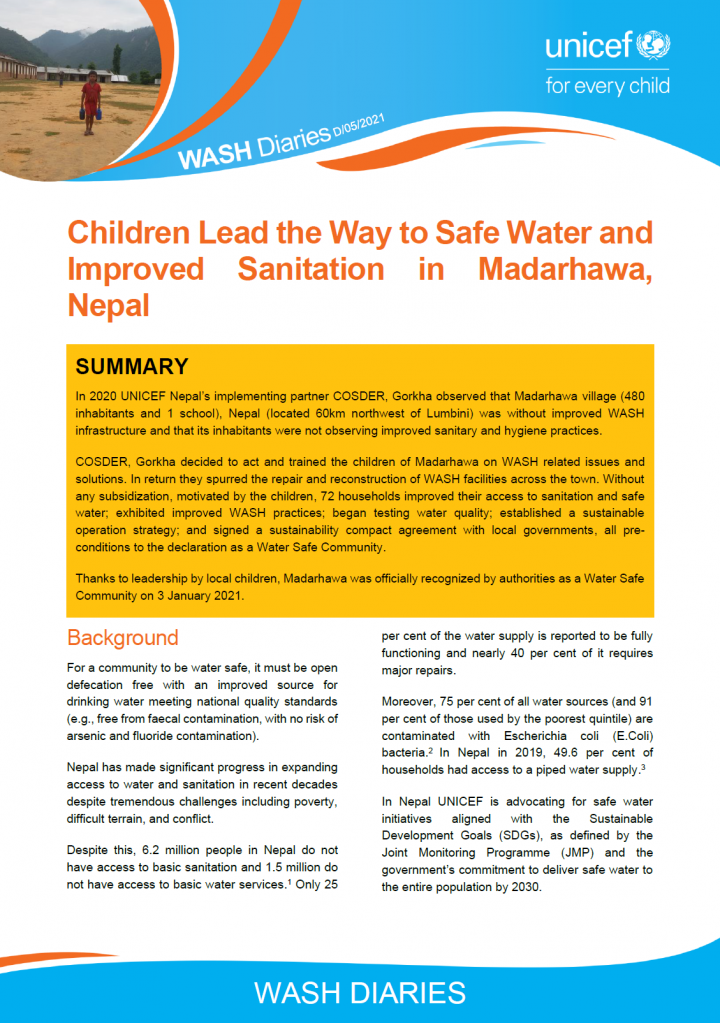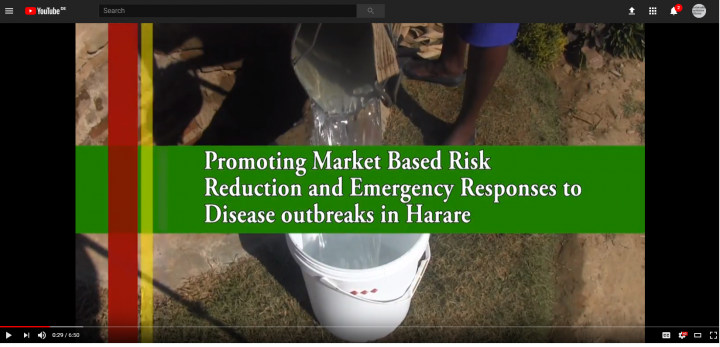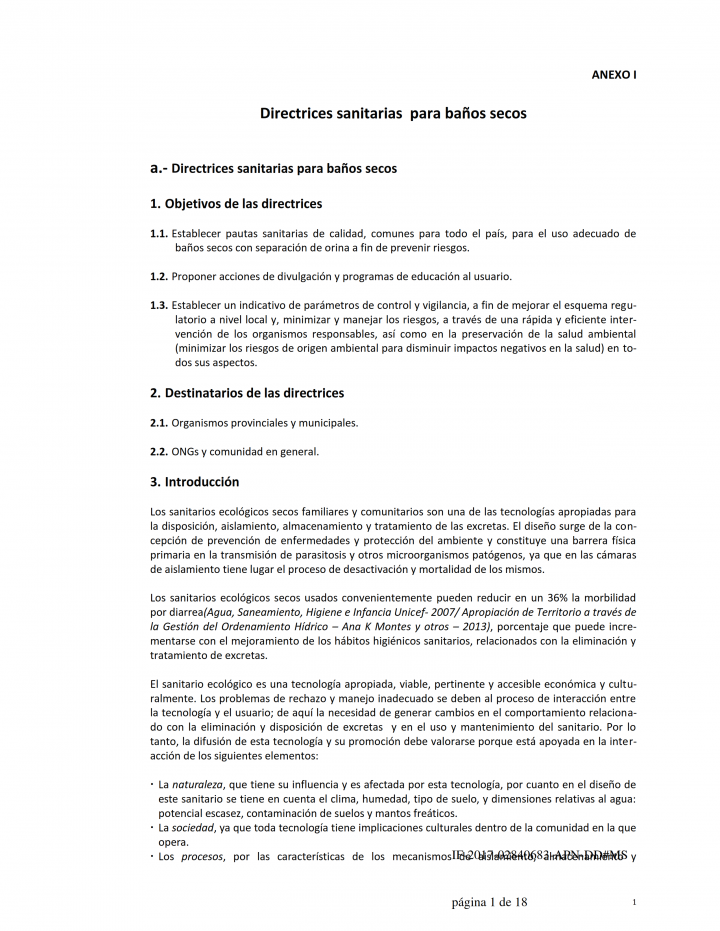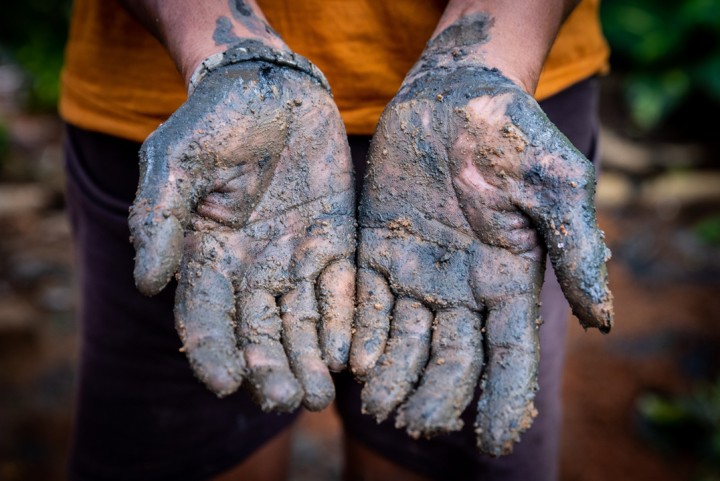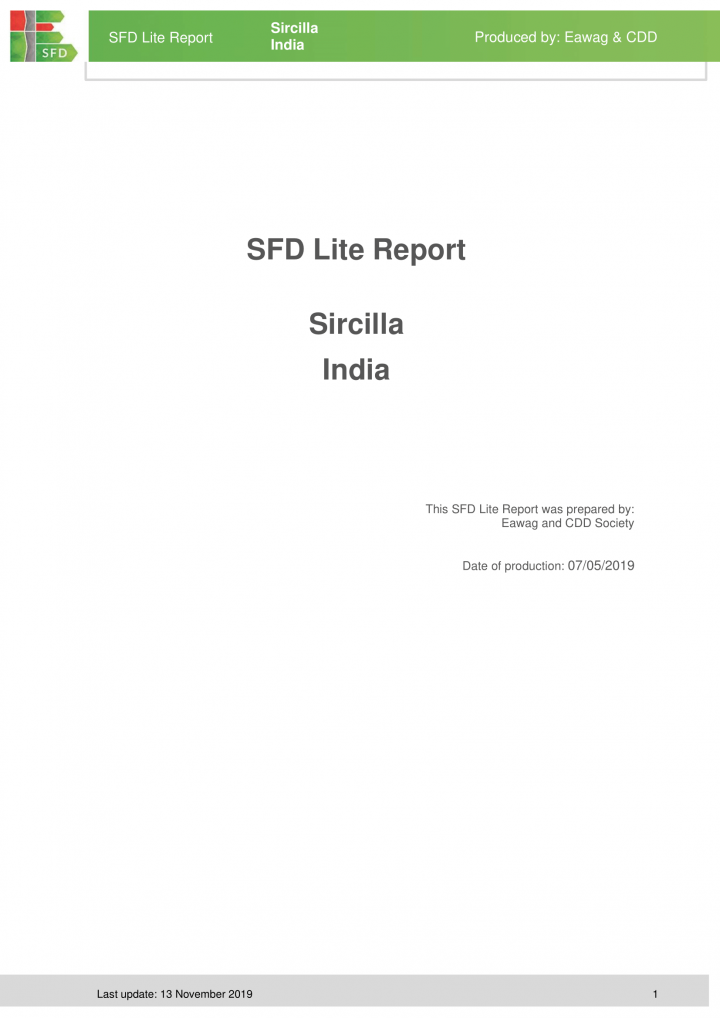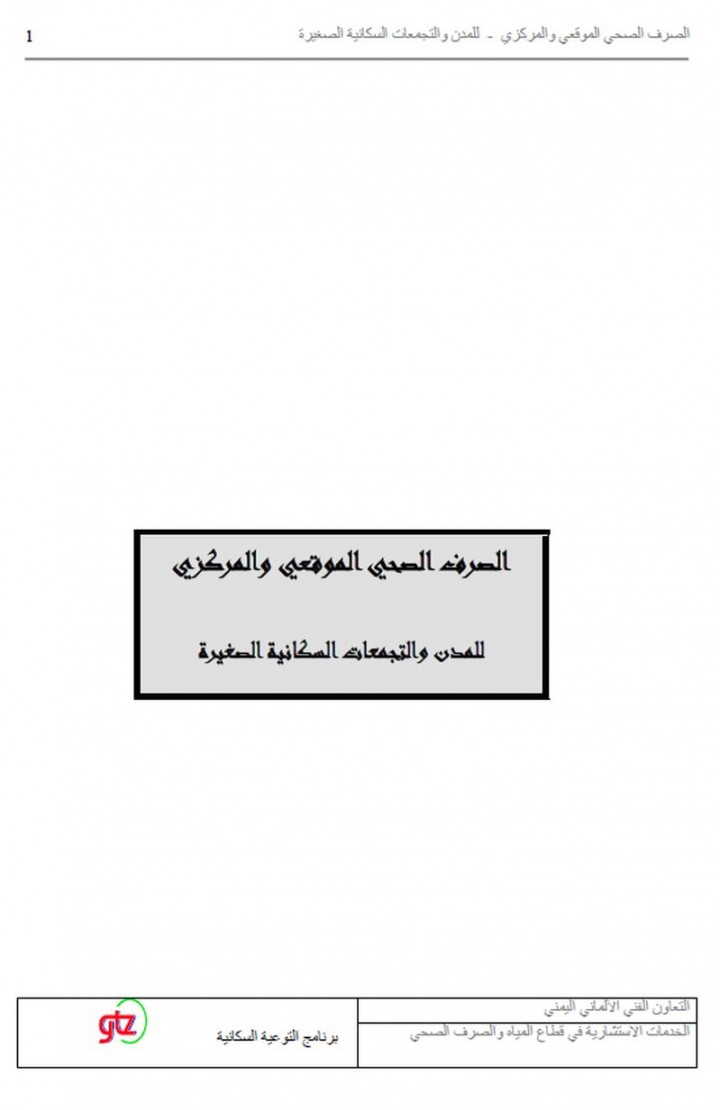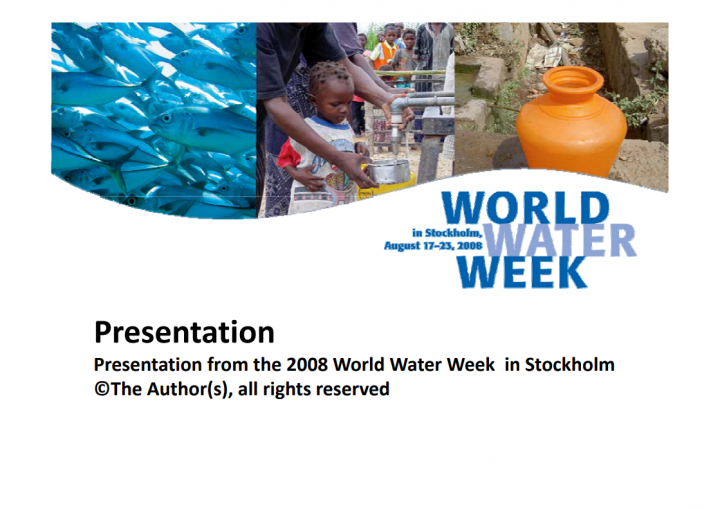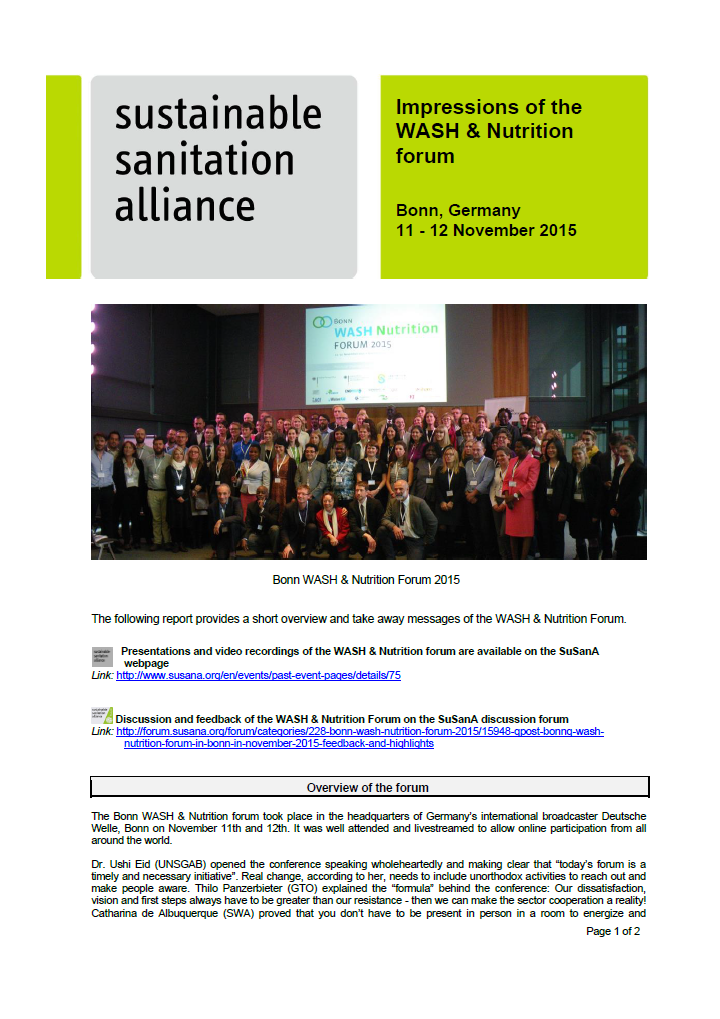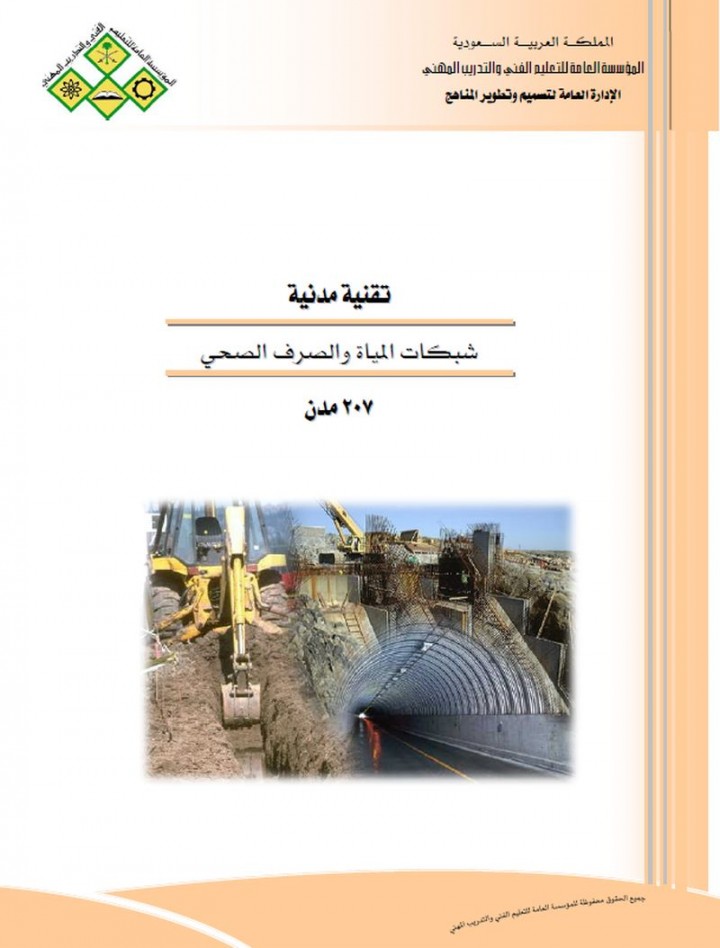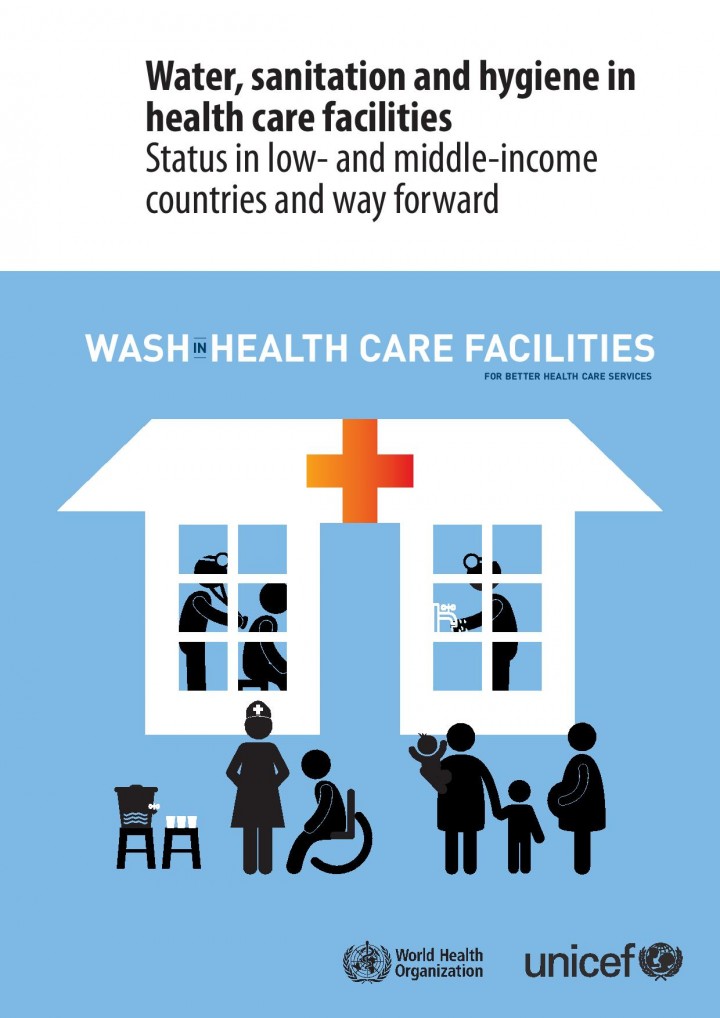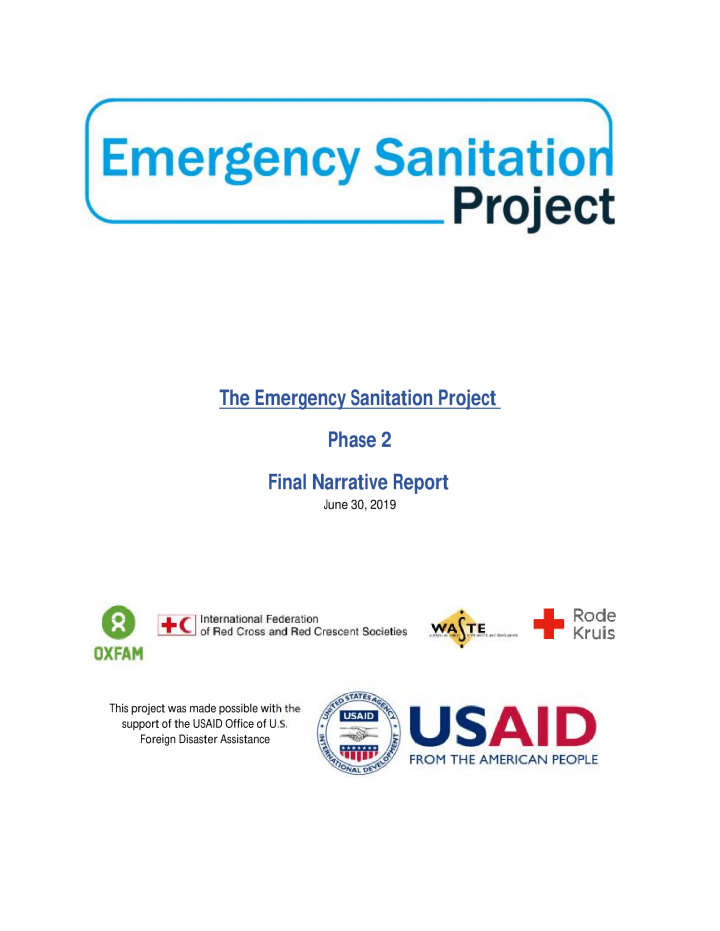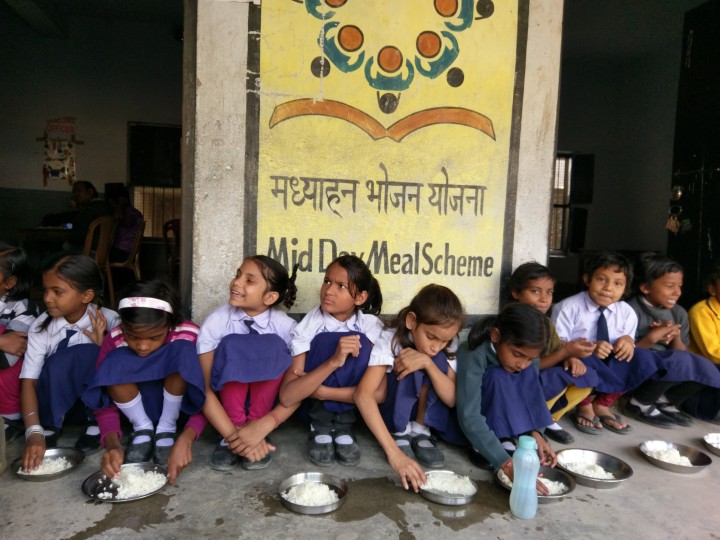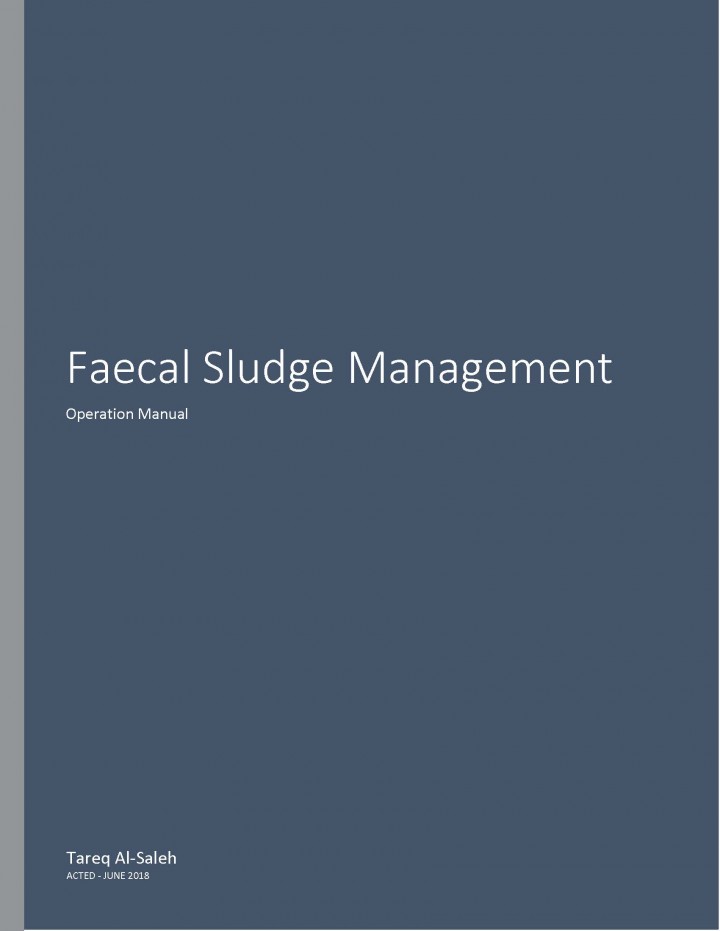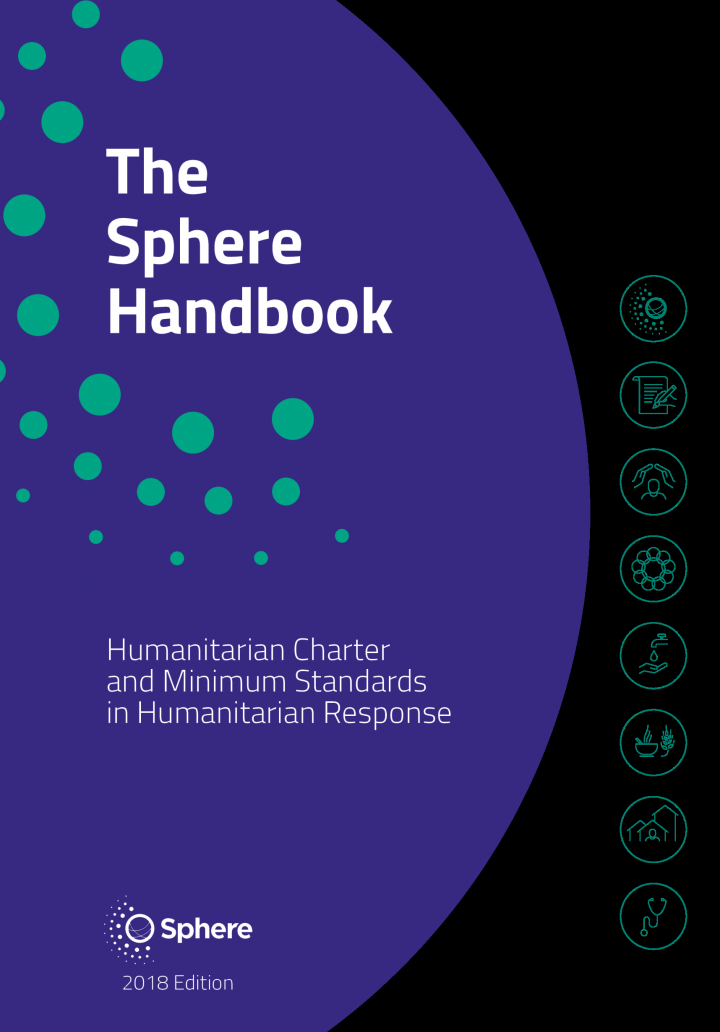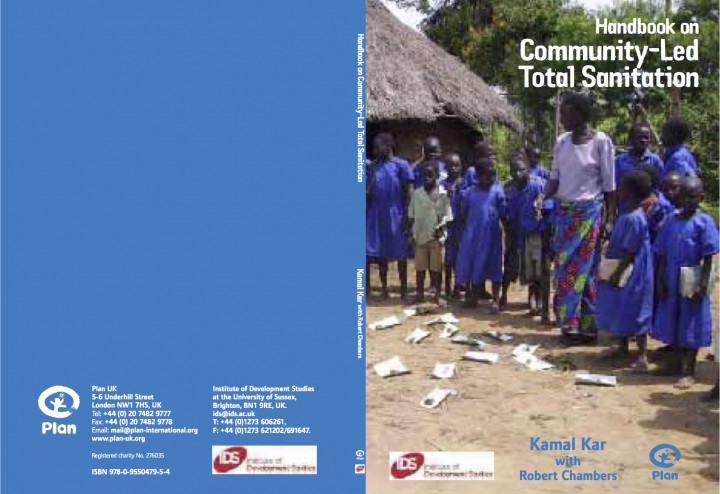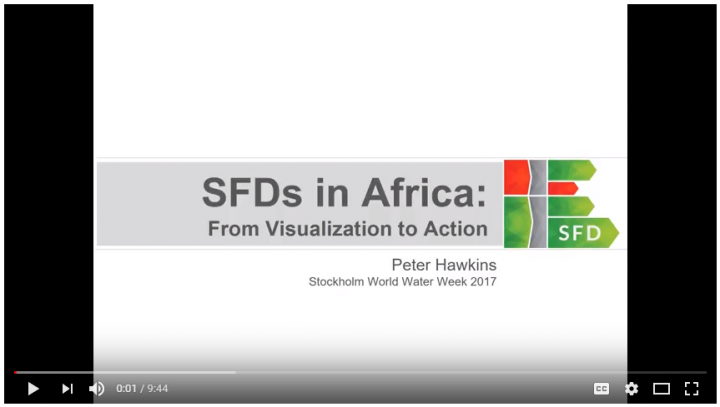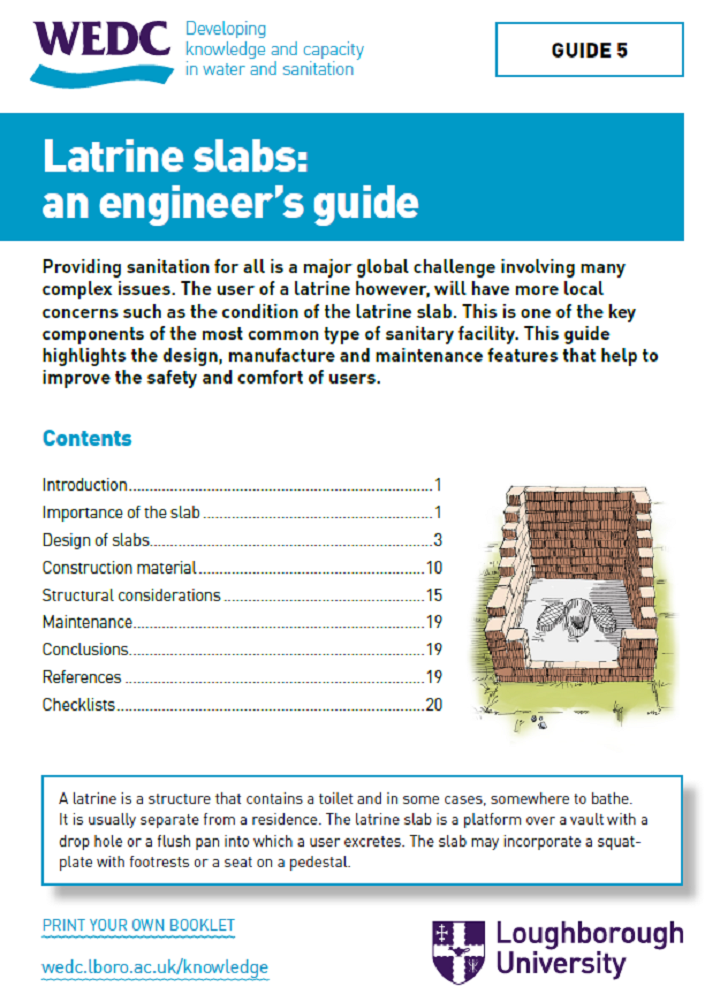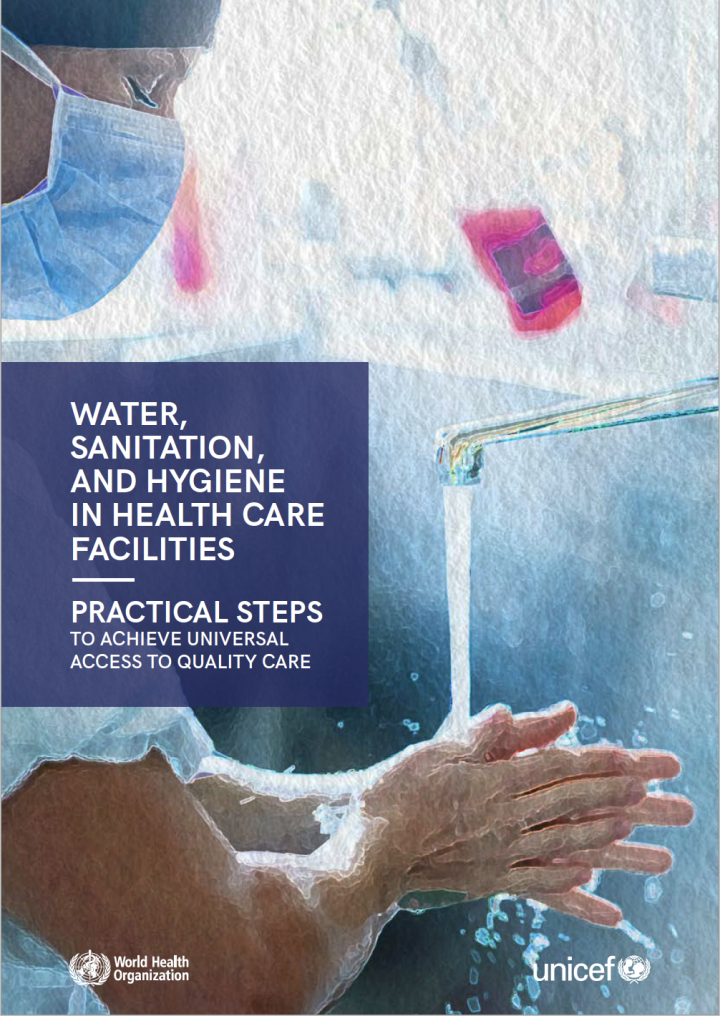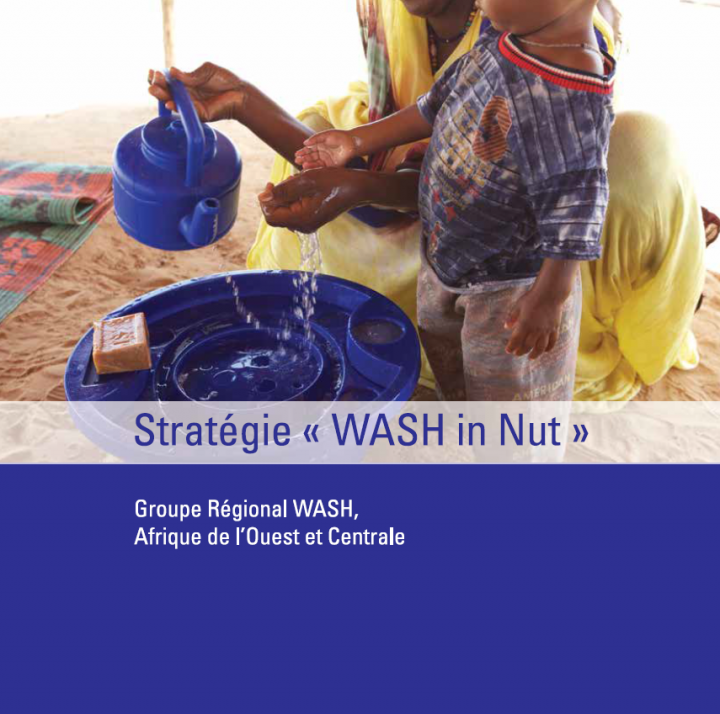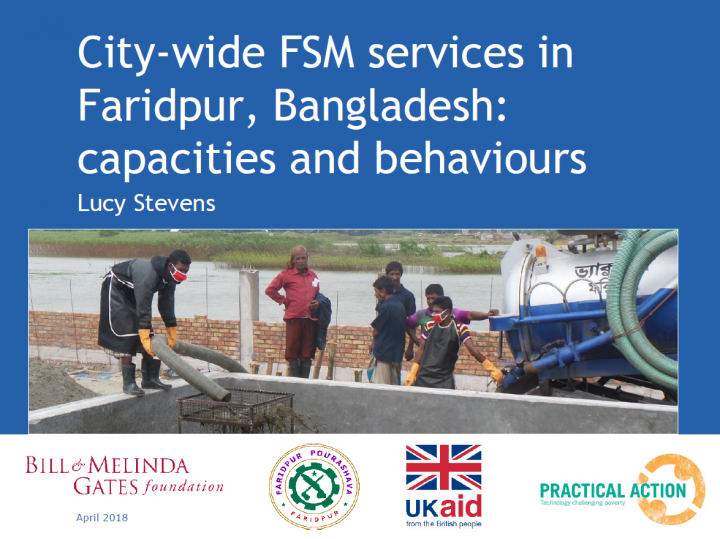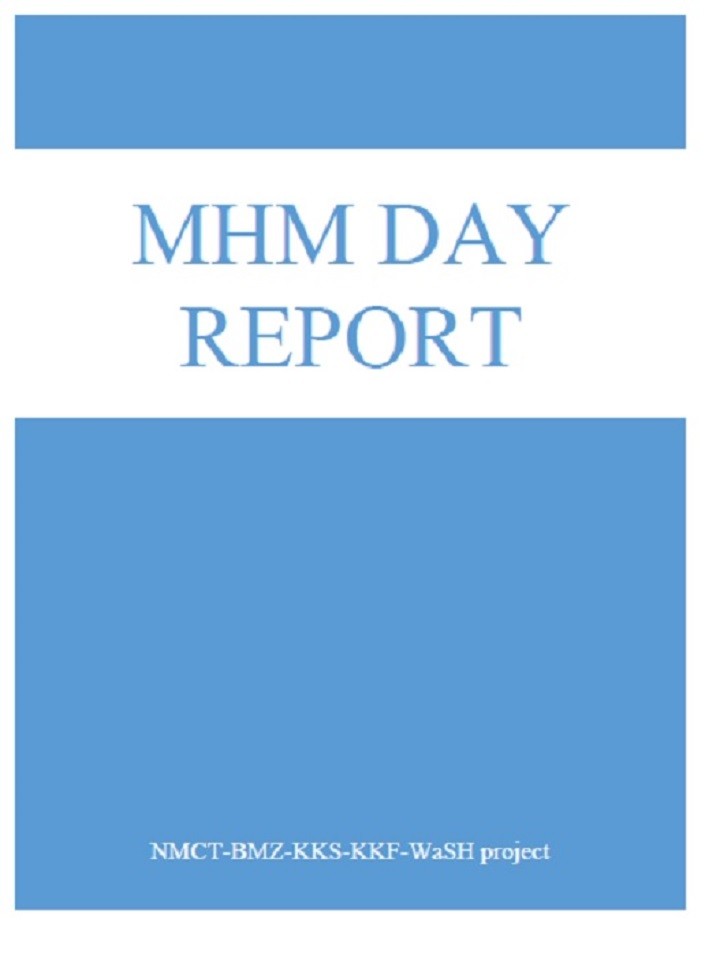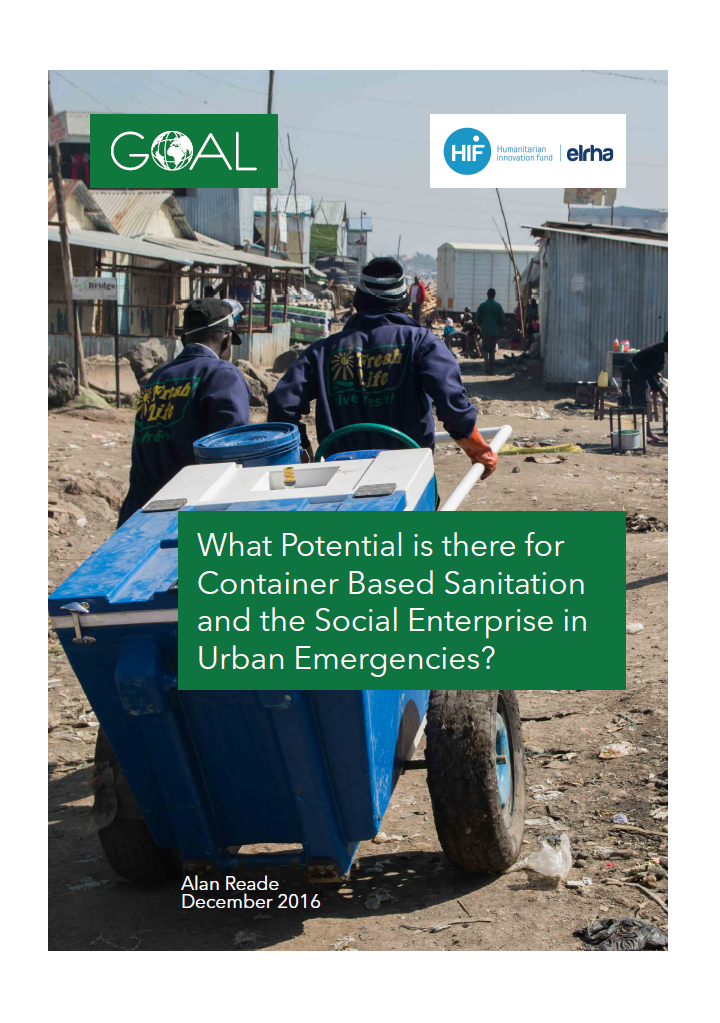Searching for information on Sanitation Workers?
The Sanitation Workers Knowledge + Learning Hub is the best source for all current news, trends, articles and updates on sanitation workers rights around the world.
UNICEF/WHO reports that 1.7 million children die annually of diarrhea and pneumonia. Handwashing with soap under running water can prevent the majority of infectious diseases, such as COVID-19, influenza, cold, cholera, dysentery, and contagious eye disease. Several studies have reported reduced incidences of pneumonia and diarrheal diseases by over 40% to 50% through handwashing. However, many …
The Aquaya Institute is conducting this research on urban sanitation economics under the Urban Sanitation Research Initiative. This brief is on sanitation policies, practices, and preferences in the city of Malindi, Kenya.
SUMMARY
• Malindi does not have a sewerage network: therefore, all residents rely on onsite sanitation.
• The majority of low-income residents use and prefer …
A septic tank takes raw sewage in, allows the solids to settle (sludge) and allows the remaining liquid to flow into the surrounding soil by means of a soakaway. Scum on the surface is also prevented from leaving the tank. Microorganisms in the anaerobic environment in the tank digest the sludge and scum. The system consists of several stages, supply to the tank, the tank itself and the soak …
In 2020 UNICEF Nepal’s implementing partner COSDER, Gorkha observed that Madarhawa village (480 inhabitants and 1 school), Nepal (located 60km northwest of Lumbini) was without improved WASH infrastructure and that its inhabitants were not observing improved sanitary and hygiene practices. COSDER, Gorkha decided to act and trained the children of Madarhawa on WASH related issues and solutions. …
Sircilla, founded in 1987, is a second grade municipality in Rajanna Sircilla District in the Indian state of Telangana. According to the 2011 census, the total population is 75,640 and the urban agglomeration population of the city is 83,186. Sircilla is situated on Karimnagar Kamareddy Road, 40 km from Karimnagar, at 78° 48’ 00” East and 18° 25’ 00” North. It is located on the banks …
Convenors: Food and Agriculture Organization of the United Nations (FAO), German Agency for Technical Cooperation (GTZ), International Fund for Agricultural Development (IFAD), International Centre for Soil Fertility and Agricultural Development (IFDC), International Water Management Institute (IWMI), Stockholm Environment Institute (SEI), Swedish University of Agricultural Sciences (SLU), United …
High-level experts from the sanitation and nutrition sector gathered together in the headquarter of Germany’s international broadcaster Deutsche Welle, Bonn for the WASH and Nutrition Forum on November 11th and 12th to discuss strategies for integrating WASH and nutrition programming in development and humanitarian contexts.
This report presents, for the first time, a global assessment of the extent to which health care facilities provide essential water, sanitation, and hygiene (WASH) services. Drawing on data representing 66,101 facilities in 54 low- and middle-income countries, the report concludes that 38% of facilities lack access even to rudimentary levels of WASH. When a higher level of service is factored in, …
With increased urbanization and regulatory scrutiny, the ability of humanitarian agencies to use the simple pit latrine to safely manage human waste in emergencies will decline. When a latrine is not suitable, the response options become exponentially more complicated. Different toilets must be constructed. The contents must then be removed and treated. This is as complicated and expensive as it …
Due to the lack of investment in a proper sanitation system in the Philippines - including sewage collection and treatment - close to 20% of the population (approx. 20 million) suffer from inadequate access to sanitation and 9 million rely on unsafe water sources. Additionally, a significant portion of the population is resorting to open defecation (6 million) as a negative coping mechanism, …
The Sphere Project, now known as Sphere, was created in 1997 by a group of humanitarian non-governmental organisations and the Red Cross and Red Crescent Movement. Its aim was to improve the quality of their humanitarian responses and to be accountable for their actions. The Sphere philosophy is based on two core beliefs:
• People affected by disaster or conflict have the right to life with …
This handbook has been developed from experiences with Community-Led Total Sanitation (CLTS) since December
1999. These have been in Bangladesh, India, Cambodia, Indonesia, Mongolia, Nepal, China and Pakistan in Asia; in
Uganda, Zambia, Ethiopia, Tanzania, Kenya and Sierra Leone in Africa; in Bolivia in South America; in Yemen in the
Middle East; and in other countries. Users of this handbook …
The design of a simple latrine slab is a basic structural problem for an engineer. However, as the slab forms a critical part of a sanitary facility for most people living in low-income countries, the design criteria also need to include issues relating to user preference, culture, gender, health, economics, maintenance and sustainability, as well as those related to construction where size, …
The purpose of this document is to present eight practical actions that Member States can take at the national and sub-national level to improve WASH in health care facilities. It also summarizes the global response to the UN Secretary General’s Call to Action. This document is a companion to the WHO and UNICEF JMP 2019 SDG baseline report for WASH in health care facilities (available in the …
La présente stratégie régionale mise à jour en 2015 a été lancée en 2012 face à la crise nutritionnelle et alimentaire au Sahel, révisée lors du processus de consultation en 2014, elle reste une orientation intersectorielle adaptable aux spécificités nationales et locales de chaque pays.
French title: Stratégie - Groupe Régional WASH, Afrique l'Ouest et Centrale
The 21st meeting of the UK’s Sanitation Community of Practice was held on the 19th of April at the University of Leeds. The aim for the day was to engage participants in considering the links between human excreta management, solid waste management, and surface water drainage, as critical aspects of citywide environmental sanitation.
As well as the traditional SanCoP focus, contributions …
The Native Medicare Charitable Trust (NMCT), the Bundesministerium für wirtschaftliche Zusammenarbeit (BMZ), the Karl Kübel Foundation (KKF) and the Karl Kübel Stiftung (KKS) organized various programmes due to MHM day celebration. They created a theme for MHM day 2021, which was “Time to celebrate our Womenhood”. Based on the theme they conducted a competition as well as various types of …
Traditional alternatives have included: lined pit latrines, raised latrines and urine diverting dry toilets (UDDTs). These alternatives might be suitable in addressing the unfavourable ground conditions, but are not necessarily able to address the constraints encountered in the urban environment. For this reason agencies have started to take a closer look at some of the newer container based …

